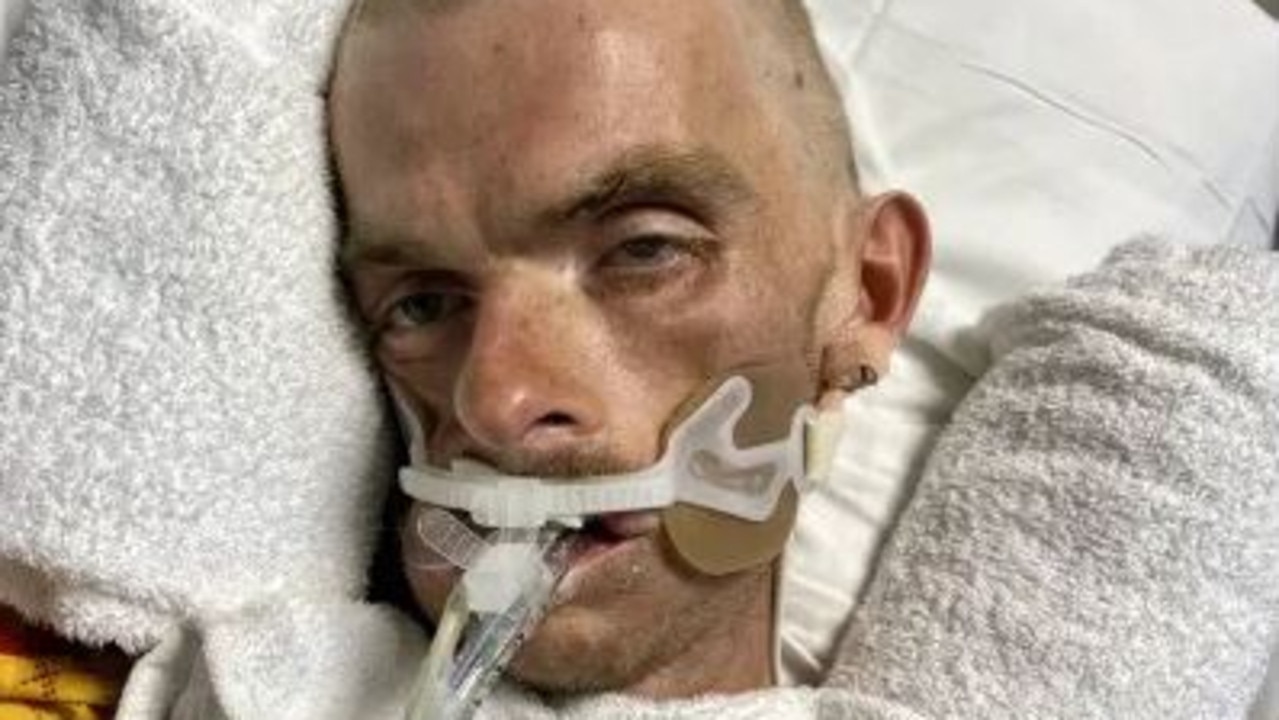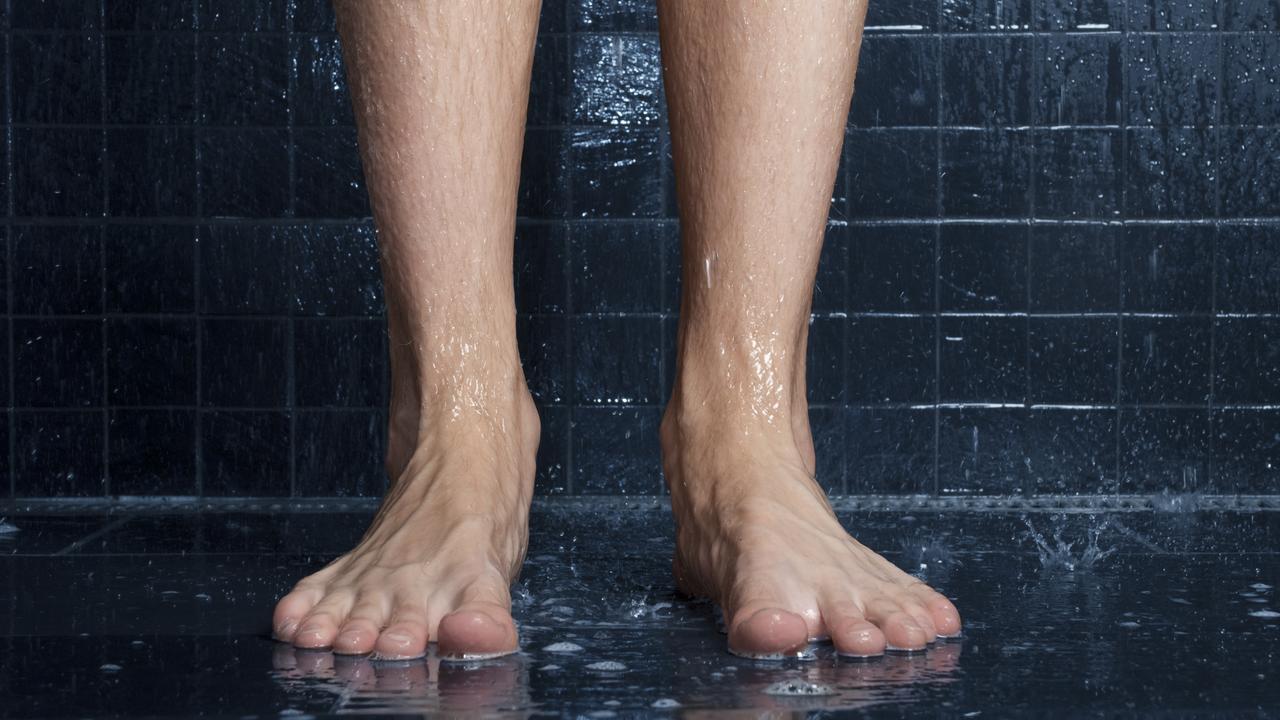Private guards the wrong choice for hotel quarantine, inquiry finds
The inquiry into Victoria’s disastrous hotel quarantine system has released its final report, including one finding that will ‘shock the public’.
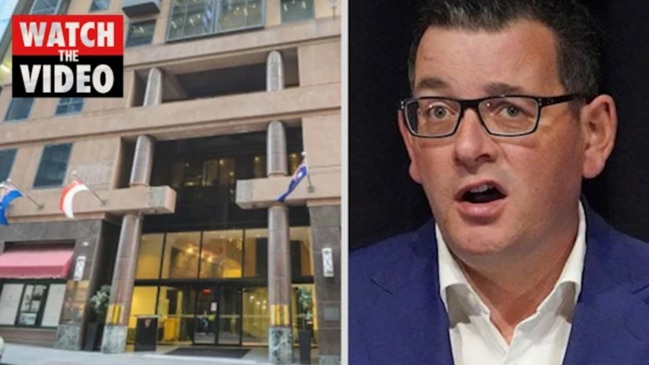
Private security guards were the wrong choice to guard Victoria’s returned travellers in the hotel quarantine scheme and no person or agency took responsibility for the decision to use them, an inquiry has found.
Retired judge Jennifer Coate said in her final report into the $195 million program that no one took ownership for the decision to use private guards and “all vigorously disputed the possibility they could have played a part in ‘the decision’”.
Ms Coate said police would have been a better cohort than private guards.
“Consideration was not given to the appropriateness or implications of using a largely casualised workforce in an environment where staff had a high likelihood of being exposed to the highly infectious COVID-19,” Ms Coate said in her report on Monday.
“This, of course, had flow on impacts in terms of the spread of the virus.”
Coronavirus outbreaks at Melbourne’s Rydges on Swanston and Stamford Plaza Hotel, where returned travellers were being quarantined, led to 99 per cent of Victoria’s second wave of COVID-19 cases and 801 deaths.
Premier Daniel Andrews apologised for the failures.
“I want to apologise to the Victorian community for the very clear errors that were made in this program,” he said.
“We can only learn those lessons and make sure that the reforms and the changes that are essential are made to make it far less likely that these sorts of errors could ever occur again.
“This will be an incredibly difficult week. There’ll be people missing from the Christmas dinner table on Friday and I am deeply sorry and saddened by that.”
Mr Andrews said the government intends to accept all of Ms Coate’s recommendations, adding many have already occurred.
“It is our preference and our intention and we’ll spend the summer to consider the report in more detail,” he said.
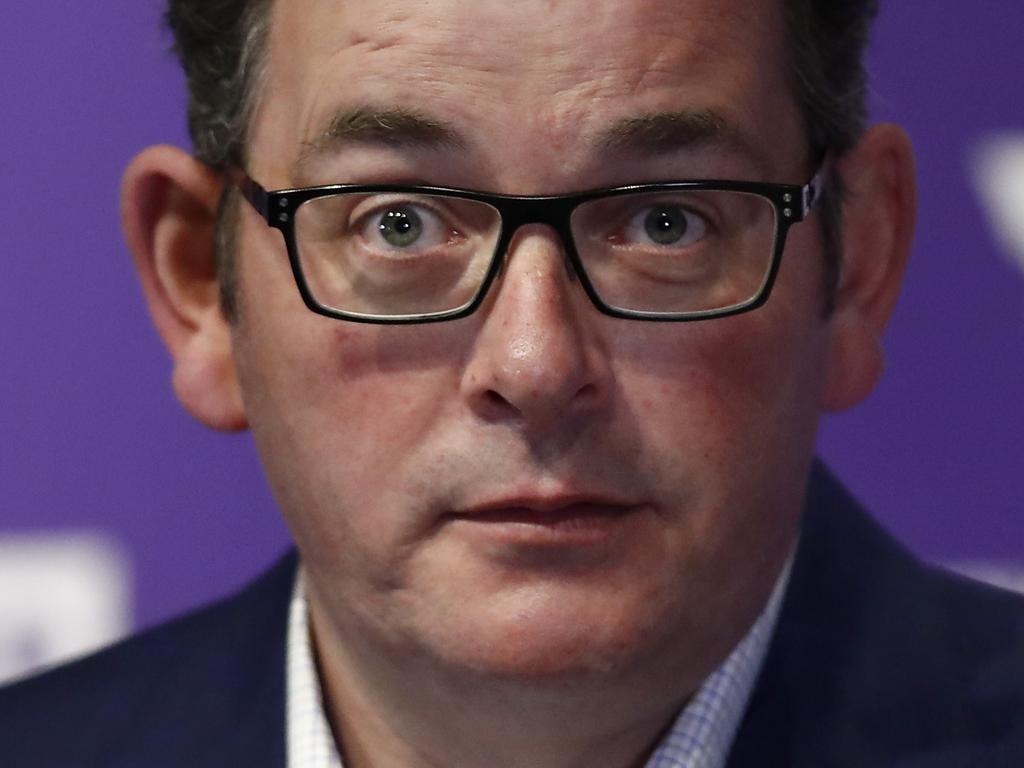
Opposition Leader Michael O’Brien called on the premier to resign and for a Royal Commission to be established into the hotel quarantine mess.
“One avoidable death is a tragedy. 801 avoidable deaths is a catastrophe,” he said.
“There’s no responsibility, and there’s no answers.”
The families of the 801 COVID victims deserved better than a shrug from the Premier.
“This is the greatest single government disaster that’s ever been inflicted on Victorians”
Prime Minister Scott Morrison said it will be up to Victorians to judge the state government for the failings in hotel quarantine.
Mr Morrison said the inquiry was a matter for the state and he hoped every leader would learn from the findings.
“In the middle of a pandemic, you have to focus on making sure you learn the lessons and get it right going forward,” he said in Canberra on Monday.
“They have made their report, made their findings, others will judge that in the Victorian context and for the Victorian government- that is a matter for them.”
Mr Morrison said his government had worked to ensure all other quarantine programs were safe following the Victorian crisis.
“We initiated the Halton review that has gone around and checked right across the country and there have been significant improvements on the tracing,” Mr Morrison said.
“We had Dr [Alan] Finkel do something very similar and we have seen major improvements come from that.”
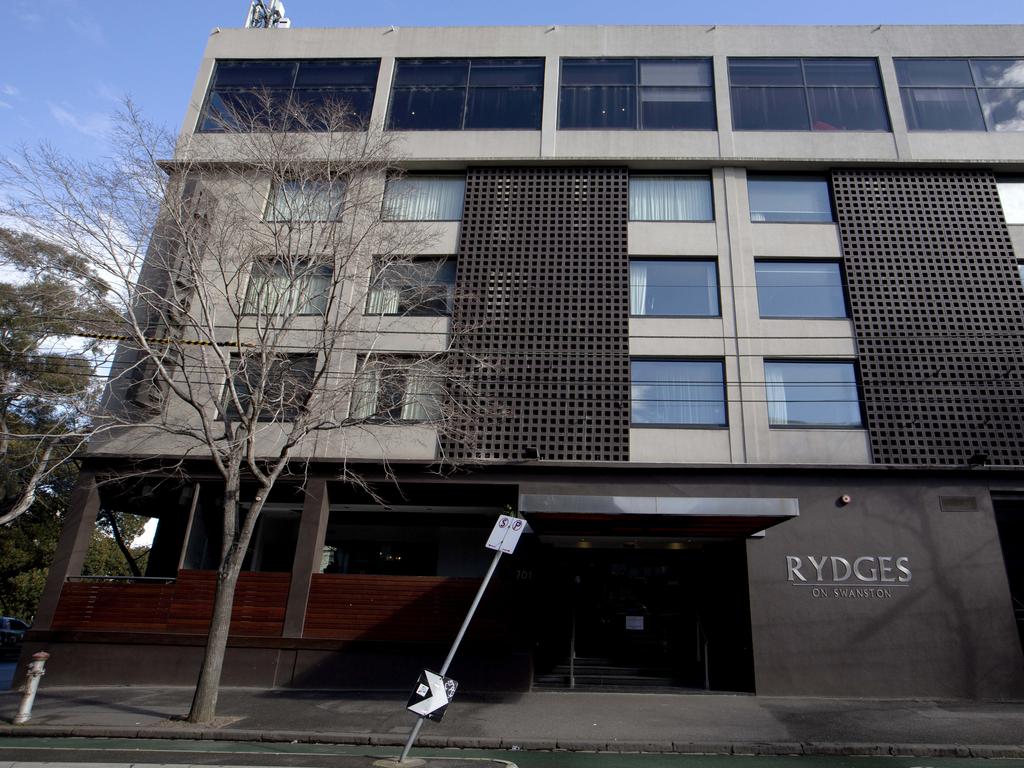
FINDING THAT WILL ‘SHOCK THE PUBLIC’
Board of Inquiry Chair Jennifer Coate acknowledged decisions were being made with haste after the Prime Minister announced the mandatory 14-day program for returned travellers on March 27, giving Victoria just 36 hours to create the program.
But the six-month inquiry had failed to spell out why private security was the chosen workforce to guard the quarantine program.
Ms Coate said the Premier, nor his Ministers, had any active role in, or oversight of the decision about how enforcement of quarantine would be achieved.
“The fact remains that not one of the more than 70,000 documents produced to the inquiry demonstrated a contemporaneous rationale for the decision to use private security as the first tier of enforcement, or an approval of that rationale in the upper levels of government,” she said.
“Such a finding is likely to shock the public.
“It remained, as multiple submissions to the inquiry noted, an orphan, with no person or department claiming responsibility.”
LACK OF LEADERSHIP ‘TRAGICALLY ILLUSTRATED’
Ms Coate said the Department of Health and Human Services did not see itself as the control agency responsible for the hotel quarantine program, nor did it see itself as in charge on-site.
This left brewing the disaster that tragically came to be, she said.
“This complex and high-risk environment was left without the control agency taking its leadership role, which included the need to provide on-site supervision and management,” Ms Coate added.
“This should have been seen as essential to an inherently dangerous environment.
“That such a situation developed and was not apparent as a danger until after the two outbreaks, tragically illustrated the lack of proper leadership and oversight, and the perils this created.”
The inquiry has so far cost the careers of Health Minister Jenny Mikakos and Department of Health and Human Service secretary Kym Peake since it launched in July. Premier Daniel Andrews’ right-hand man, chief bureaucrat Chris Eccles also has quit.
‘TOO MUCH AT STAKE’
There was simply “too much at stake” for the government to put responsibility for infection prevention onto hotels and commercial cleaners, Ms Coate said in her report.
“It was not appropriate for the state government to seek to impose the risk of transmission of COVID-19 onto the hotel and cleaning providers in the way in which these contracts purported to do,” she said.
The contracts entered into by the Department of Jobs, Precincts and Regions (DJPR) gave hotels and cleaners important responsibility for worker safety, including the need to provide PPE and to manage infection prevention and control.
“The hotel quarantine program was not just a workplace or a private arrangement between employer and employee, or contractor and principal. It should not have been seen solely through that lens,” Ms Coate said.
“It was, fundamentally, a measure to protect the public from a significant health threat. There was simply too much at stake for the state to have conferred such responsibilities on private service providers, whose ordinary roles were so far removed from infection prevention and control measures.”
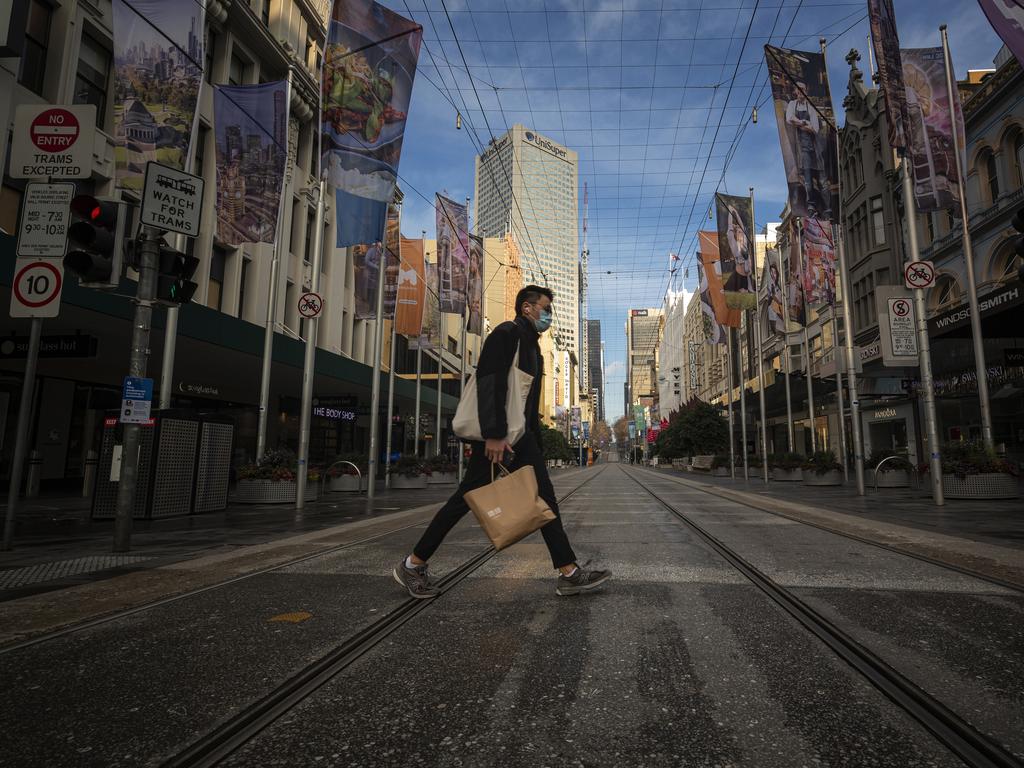
JOBS DEPARTMENT FAILED ON CONTRACTS
The DJPR failed to have adequate oversight of the use of private security subcontractors, partly because it wasn’t aware how much head contractors were relying on them.
Ms Coate labelled it a “significant deficiency” that DJPR was not able to know the extent to which the security providers actually engaged in subcontracting throughout the duration of the hotel quarantine program, let alone be confident about their ability to provide services.
“DJPR should have been more vigilant and proactive in requiring the security service providers to seek written prior approval for the engagement of subcontractors, as per their respective contracts,” she said.
“But so, too, should the security services providers have complied with their subcontracting obligations at the required time.”
Ms Coate said department staff did not act in bad faith, however more thought should have been given to the environment in which guards were working and their prior infection control knowledge.
“As an industry, casually employed security guards were particularly vulnerable because of their lack of job security, lack of appropriate training and knowledge in safety and workplace rights, and their susceptibility to an imbalance of power resulting from the need to source and maintain work,” she said.
“These vulnerabilities had previously been identified by the government.”
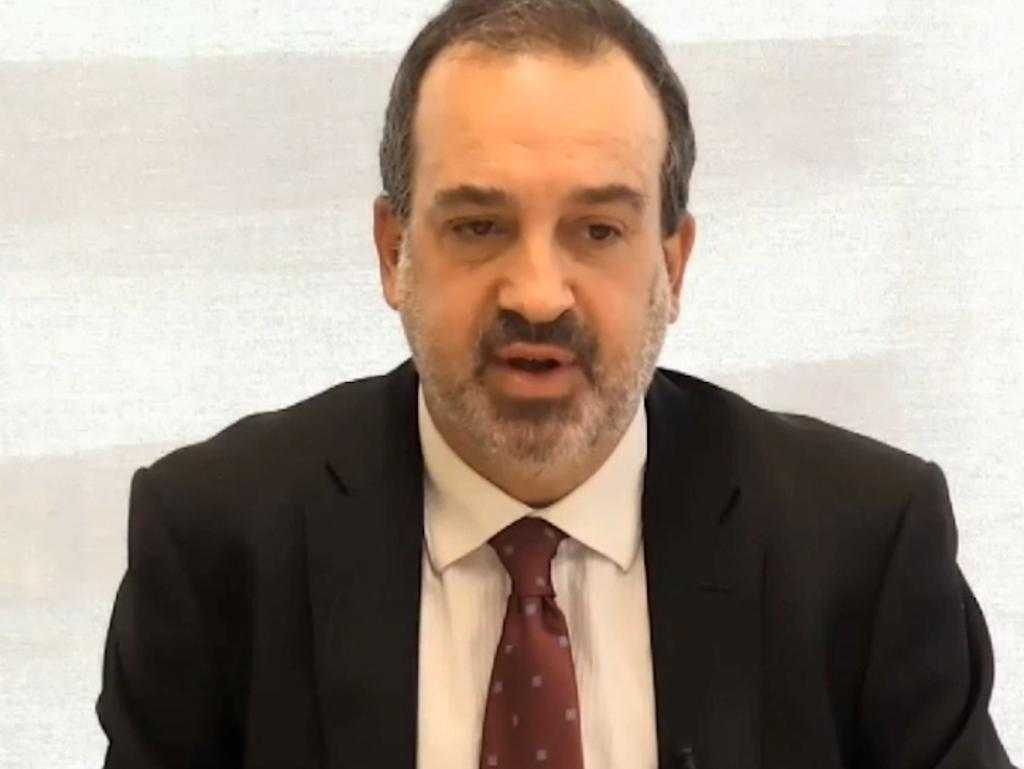
PREFERRED CONTRACTORS OVERLOOKED
The government awarded contracts worth tens of millions of dollars to private security services, but not all were among the government’s list of preferred providers.
Unified security was not on a government panel of preferred businesses to use, like the other larger two companies, MSS and Wilson, yet it got a lot of the work, including at the Rydges on Swanston, where the first outbreak occurred in May.
Unified was almost entirely reliant on subcontractors, in turn drawing on small subcontracting companies. One of the small subcontractors was providing hundreds of guards a day across six hotels.
Ms Coate said the government should have relied on existing arrangements with preferred providers - known as state purchase contracts (SPC) - as much as possible.
“It was a failure of government decision-making to contract a firm that had previously been refused admission to the SPC for security services for, what became, very significant sums of money, and then to allocate so much work to that firm.”
Ms Coate said the heavy reliance on subcontracting posed a significant risk to the quarantine program’s success.
ARMY NOT EVEN CONSIDERED
Ms Coate says there was no actual consideration of whether Australian Defence Force personnel would have been a better enforcement option at the hotels when the program was set up.
“The assessment that ADF was not needed on the ground at the hotels was an assessment made without any proper consideration of … what would be the best enforcement option,” she said.
Emergency management commissioner Andrew Crisp decided not to ask for ADF help as of March 27, because once it was agreed private security would be used, there was no longer a need.
Ms Coate said the government’s decision-making process was at odds with the Westminster system principles of responsible government, made without proper analysis or clear rationale.
And given no one knew who made the decision, there was an obvious risk no one understood they were responsible for changing it, if it was wrong.
“That a decision of such significance for a government program, which ultimately involved the expenditure of tens of millions of dollars and the employment of thousands of people, had neither a responsible Minister nor a transparent rationale for why that course was adopted, plainly does not seem to accord with those principles,” she said.
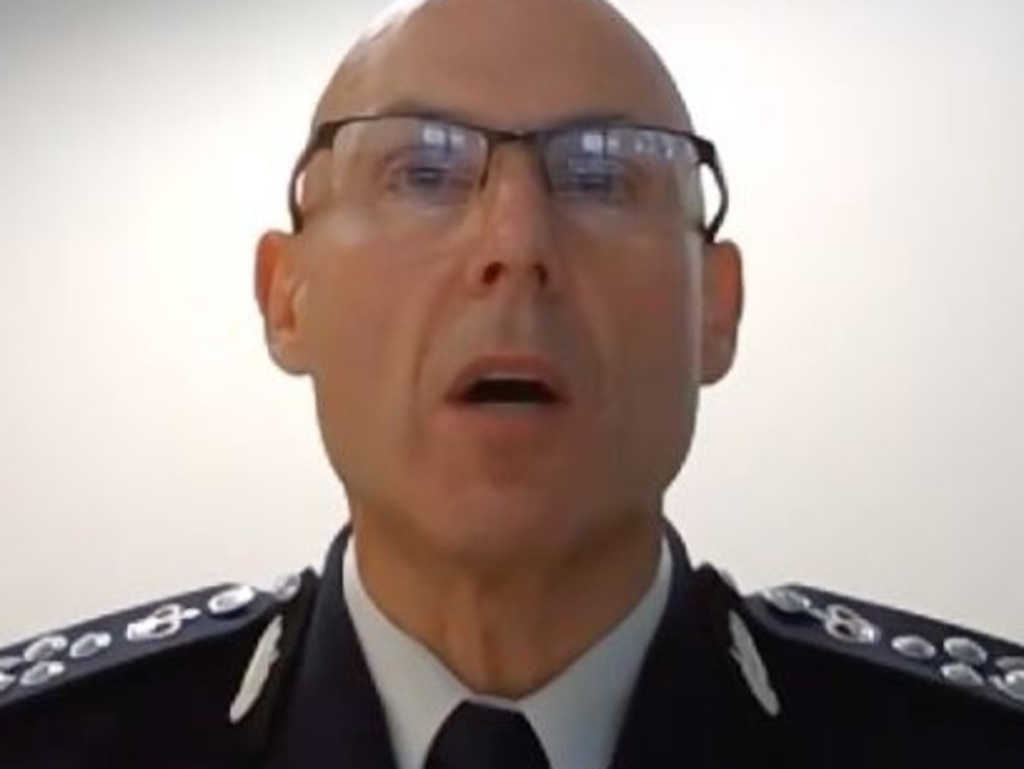
WRONG DEPARTMENT MANAGED SECURITY CONTRACTS
Ms Coate said the DJPR should not have been responsible for managing the contracts with security companies.
She said it would come as a surprise to many that such large contracts did not appear to have direct oversight from Jobs Minister Martin Pakula.
Mr Pakula told the inquiry it was not typical for ministers to be briefed on contract details or even that they had been entered into.
Ms Coate said those who negotiated the terms of the contracts, and those who ‘supervised’ them, were doing so without any clear understanding of the role of security in the broader hotel quarantine program and had no expertise in security issues or infection prevention and control.
Instead, the Department of Health and Human Services (DHHS) was the appropriate body to manage the contracts and should have done so as the control agency with overall responsibility for the program.
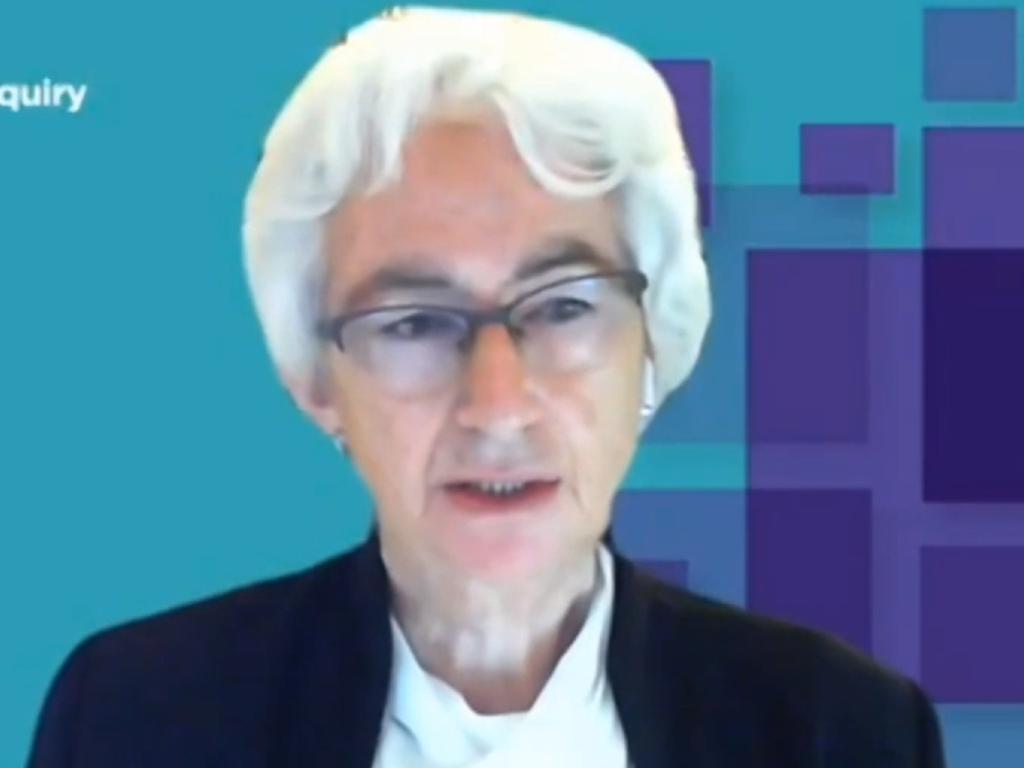
DISPUTE OVER WHO WAS IN CHARGE
Ms Coate said there was an ongoing dispute between the DHHS and the DJPR over who was in charge of operating the quarantine program.
She also found failures in the program’s establishment, given the state government did not give proper consideration to the risks involved.
“It is beyond doubt that many people worked incredibly hard, in extraordinary time frames, to deal with an unprecedented set of circumstances,” she said.
“But that is not a total justification for the deficiencies in some of the actions taken, and decisions made, in that first 36 hours, and it does not excuse the deficiencies found in the program.”
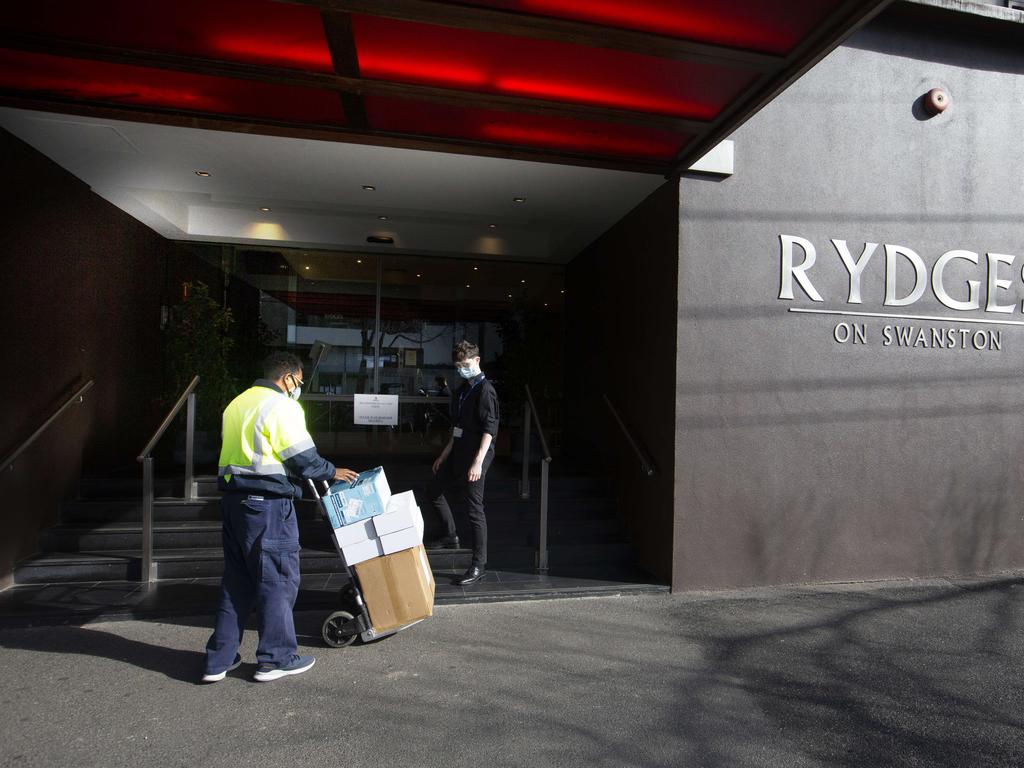
Read related topics:Melbourne

